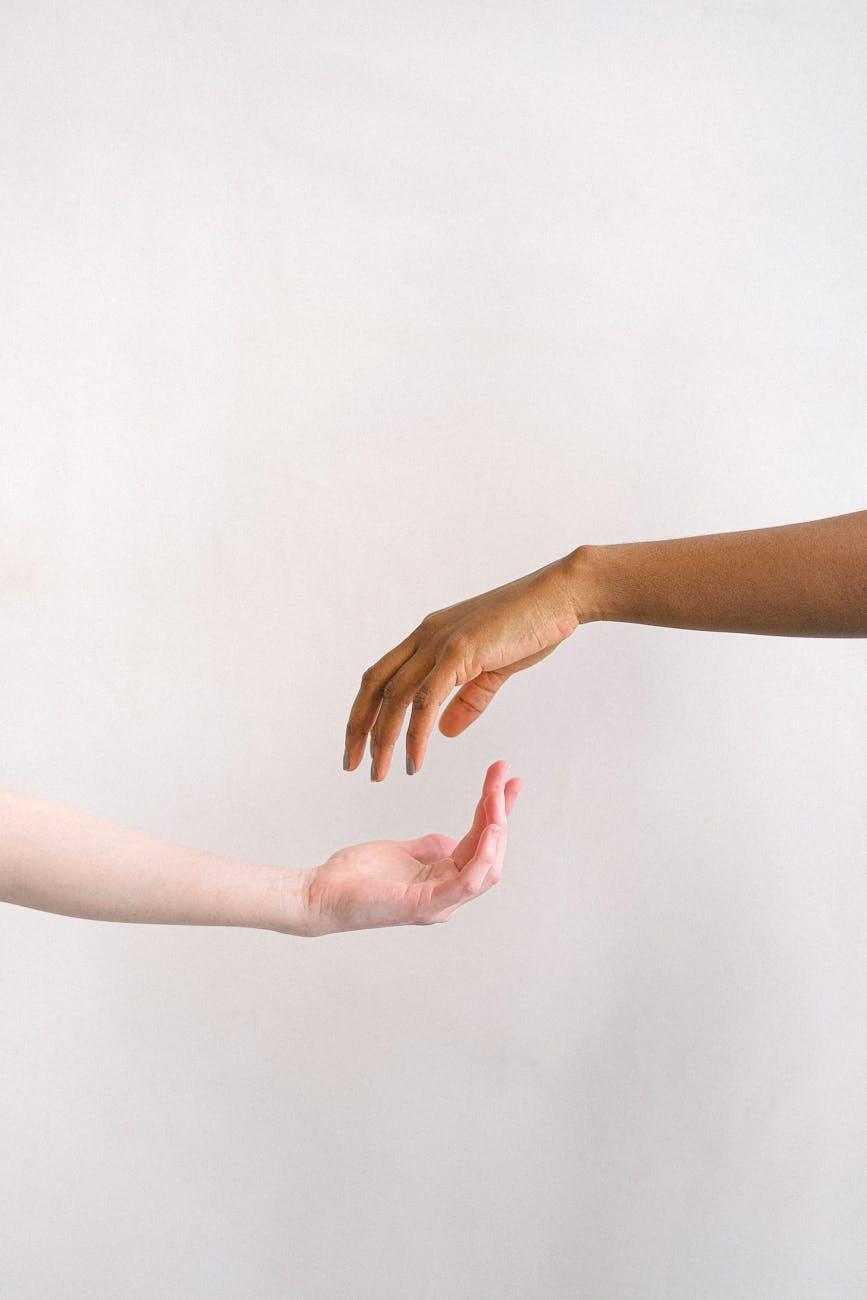Parnika Jain's Key Ideas from The Help
by Kathryn Stockett
Ideas, facts & insights covering these topics:
5 ideas
·1.02K reads
2
Explore the World's Best Ideas
Join today and uncover 100+ curated journeys from 50+ topics. Unlock access to our mobile app with extensive features.
Introducing The Book
The Help takes place between the summers of 1962 and 1964 in Jackson, Mississippi. Set against the backdrop of the civil rights movement, the novel focuses on a reckoning on race and segregation in a far more intimate sphere than the national stage: the home. Alternating between the perspectives of two Black maids, Aibileen and Minny, and one white woman, Skeeter, who’s mourning the disappearance of her own maid, The Help shows how personal prejudices and racist government policies influence each other to the detriment of everyone.
11
311 reads
The Power of Writing and Storytelling
The Help explores themes of writing and storytelling, particularly the power of writing to expose unspoken social norms and laws. The novel's main conflict revolves around the book Skeeter, which focuses on the stories of Black maids working for white women. Writing exposes the racist and abusive behavior of these women, making the system of prejudice transparent and shamesome for some of them.
Aibileen uses writing to express her prayers and stories. Skeeter, initially skeptical due to her lack of education, admires her writing, demonstrating that anyone can assert their power through stories.
10
211 reads
The Complexity of People and Relationships
The Help explores the complexity of relationships and the complex nature of people. The maids, who work for the characters, have conflicting feelings towards white women and their children. Skeeter's mother, Charlotte, is often cold and critical, but she still loves her. The book also highlights the complexity of individuals, such as Lou Anne's depression and her close friendship with Louvenia. Skeeter realizes that pigeonholes by race or economic status are futile and that celebrating people's differences would make society more fulfilling.
10
164 reads
The Deception of Appearances
The Help explores the societal judgment of race and appearance in Jackson society. The character Hilly Holbrook represents the negative perception of Black people, thus the laws. However, the novel also shows the absurdity of judging people based on appearance. Skeeter, a tall, unmanageable white character, and Aibileen, a fat child, emphasize the importance of inner qualities.
Celia Foote, a white woman in Jackson, is ostracized by the white women due to her tackiness and marriage to Hilly's ex-boyfriend. Despite this, Celia is kinder and less prejudiced than the women she tries to impress.
10
150 reads
I want to yell so loud that Baby Girl can hear me that dirty ain’t a color, disease ain’t the Negro side a town. I want to stop that moment from coming—and it come in every white child’s life—when they start to think that colored folks ain’t as good as whites.
KATHRYN STOCKETT
10
191 reads
IDEAS CURATED BY
Discover Key Ideas from Books on Similar Topics
5 ideas
Small Great Things
Jodi Picoult
7 ideas
A Death in White Bear Lake
Barry Siegel
7 ideas
A Little Life
Hanya Yanagihara
Read & Learn
20x Faster
without
deepstash
with
deepstash
with
deepstash
Personalized microlearning
—
100+ Learning Journeys
—
Access to 200,000+ ideas
—
Access to the mobile app
—
Unlimited idea saving
—
—
Unlimited history
—
—
Unlimited listening to ideas
—
—
Downloading & offline access
—
—
Supercharge your mind with one idea per day
Enter your email and spend 1 minute every day to learn something new.
I agree to receive email updates




